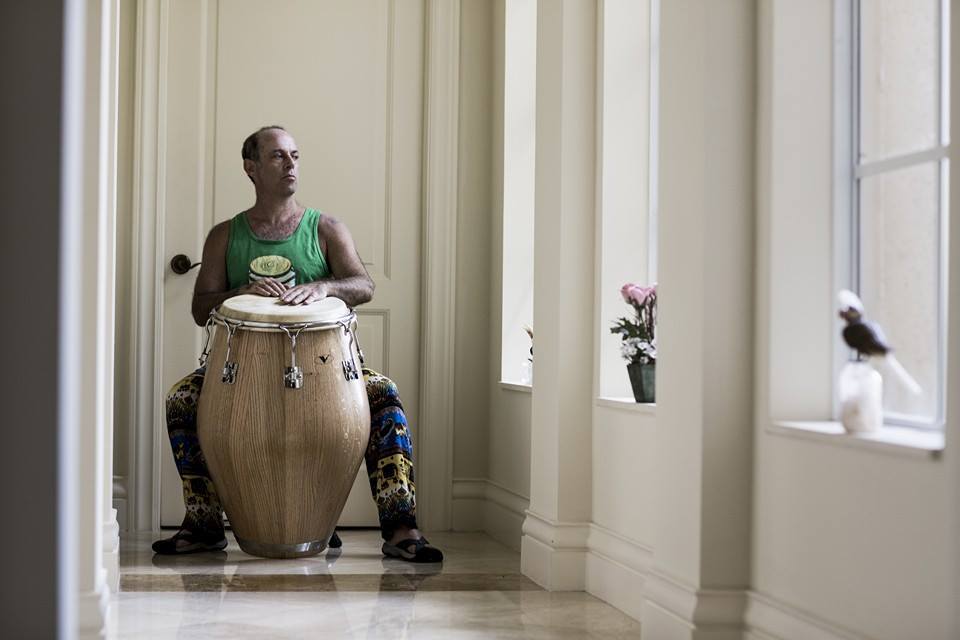There is knowledge and then there is knowing.
When it comes to drumming, I’ve noticed there’s a big difference between just having knowledge and truly knowing what it’s all about—those are two entirely different things. Over the years, I’ve met a ton of people in the drumming community, some of whom have only a little bit of theoretical knowledge, and others who seem to have it all figured out.
You’ll find some folks who can tell amazing stories about drumming but can’t quite translate all that knowledge into their actual playing. Then there are those who dig into books and watch every video online, analyzing recordings, but when it comes down to it, they can’t really embody what they’ve learned.
They might do great in academic settings, but they seem to miss the heart of drumming, which, let’s face it, is all about the experience. You gotta get in there and do it; just talking about it isn’t enough.
On the flip side, some people are completely resistant to learning. Maybe they’ve spent their whole lives in academia and are just tired of the pressure to learn new things. They might find themselves in a place where they can express themselves freely without judgment and just want to enjoy the moment. For them, the drum might seem like a source of intuition rather than an instrument to master.
Then there are those who treat drumming as a sort of spiritual tool they’ve integrated into their own life, but I think they still need to approach it like any other musical instrument. We have to remember the drum comes from a rich history and cultural background that deserves recognition and respect, rather than being reduced to just another part of a trendy lifestyle or philosophical belief.
However, I am not here to criticize anyone, I am here to talk about the spirit of drumming and unity of the drum. The connections in drumming that are non intellectual. Drumming does not need to be all about the ego, good and bad or who is the best or worst. Nor do we need rating systems and certificates of accomplishment for who has the best memory.
We need to learn how to play together in the spirit of unity and do so with positive energy. Those who don’t know need to learn, be humble and let go and those who do know need to share in positive, patient ways.
A large part of hand drumming is indeed, at least in my experience, about feeling it; it’s rooted in real experience. I wholeheartedly believe in studying traditional drumming styles and soaking up knowledge. And I am a huge advocate of us all doing this, but there needs to be a balance. The balance is studying, practicing, experimenting, training and playing,
You can’t just learn it—you’ve got to actively practice and play. Sometimes, you also have to let go of what you’ve learned to really connect with the music.
Remember, drumming comes from an oral tradition, not a written one. Sure, writing out rhythms can be handy, but it doesn’t capture the full essence of actually playing them. I rely on writing a lot, but for reference and figuring things out. To demystify things. It’s great! And I recommend it, as part of a complete program.
But don’t be fooled—you can’t learn completely or everything from notation.
At the core of drumming is the connection and spirit that brings everything together—the relationship between the drummer and their drum. And let’s not overlook the dancer! There’s also the connection between dancers, the collective vibe of everyone involved, and the sense of unity that can emerge in a group. This feeling can ripple out, creating a sense of community through the shared experience of drumming, dancing, and singing.
You can’t overlook the magic of drumming, whether you’re jamming at a drum circle, playing in a band with friends, or immersing yourself in a traditional drumming experience. There’s an energetic, almost spiritual quality that’s hard to describe. Yet, every drummer has experienced that indescribable feeling at some point.
How do we even begin to capture those feelings in writing? Do we write this in our notation as well, “This rhythm gives me goosebumps,” or “That beat makes me lose track of everything else.”
For some, drumming is simply all about fun, while for others, it can be an ecstatic release or cathartic experience. And there is every shade in between and more. But no matter what your experience is, it’s all about the experience. What’s happening or what happened?
I’m not claiming to know much or even anything it all; I totally recognize my own limitations and the fact that there’s always more to learn. It is non stop and never ending. And every time I think I know something, something happens to let me know I don’t! And I enjoy this aspect.
For me, it’s about balancing all the info I take in and giving myself the time to process it—sometimes that means days, months, or even years. That’s just how it goes. Of course it is different for everyone.
Getting really into drumming means accepting a journey filled with continuous growth and letting go of ego. Whether we like it or not, it is about surrender. We have to let go of expectations and even desires sometimes. And we have to accept where we are at at all times in the never ending process. Without being hard on ourselves.
Every day presents us drummers with the opportunity for self-reflection, especially when we’re working on challenging concepts and techniques. It’s also crucial to release the idea of being labeled as “the drummer.” If you base your entire identity on being an exceptional drummer, believe me, there will be moments—people, events, or challenges—that will test that notion and remind you that we’re all just students on this journey..

